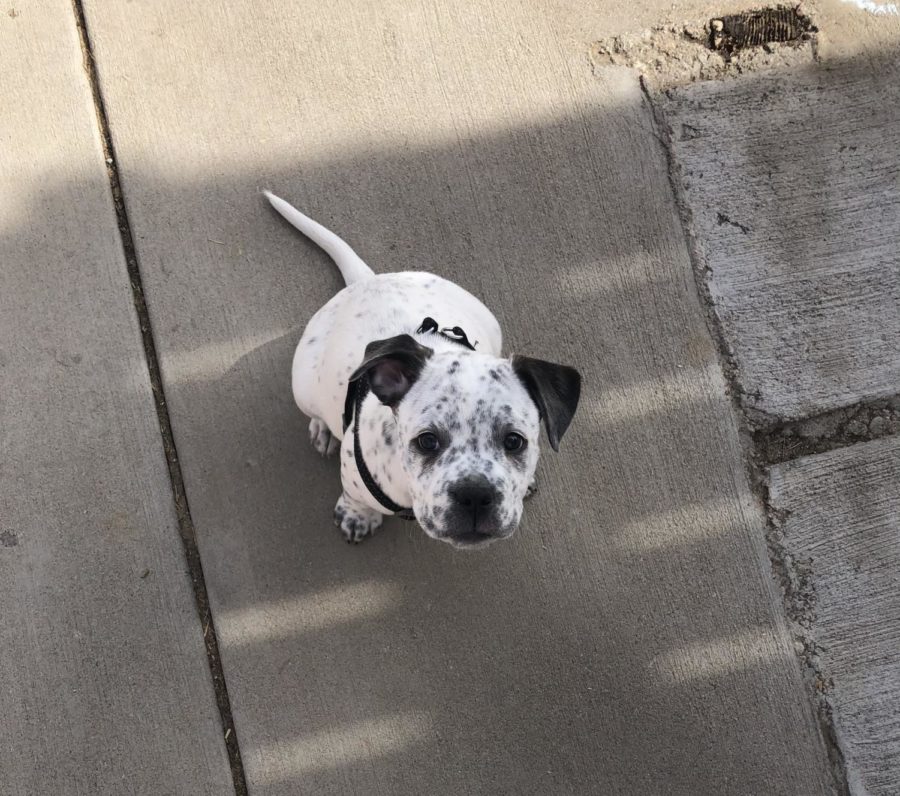The Puppy Pandemic
March 23, 2021
In the past year, nothing has felt more contagious than coronavirus. Except for maybe the infectious love that pet owners have for their animals, and the number of these owner-pet relationships have only been growing amidst of Covid-19. Dogs and puppies in particular are getting adopted from animal shelters more than they have in the past couple of decades.
According to the database known as Shelter Animals Counts that tracks rescue and shelter adoptions across the country, there have been “26,000 more pet adoptions in 2020 than in the year before — a rise of about 15 percent.” The sharp increase in puppy demand has led to dogs being swiped from shelters like hotcakes, leaving significantly less dogs out on the streets and more in the homes of their loving owners.
It may be hard not getting to see your human friends, but having a new furry one just about makes up for it.
“My dog has definitely made me feel less lonely and more happy during the pandemic,” said Hunter Shykind (10) “Because we’re not able to go out as much in order to stay safe, it’s nice to have a pet at home to just cuddle or play with.”
Additionally, with so much more of the working class now working from home and so many students doing school remotely, it is substantially easier for people to take care of their animals, which could be the biggest reason for the sharp increase in pet adoptions.
“Since I started online classes, I’ve been able to spend ten times more time with my dog to the point where whenever I leave him, he gets really upset,” said Elevation student Lelonna Hughes (12).
Whether it’s a dog, cat, fish, or lizard, pets have always held a special place in the heart of animal lovers, and if there’s anything good that has come out of coronavirus conditions, it’s the growth of love between animals and humans.




